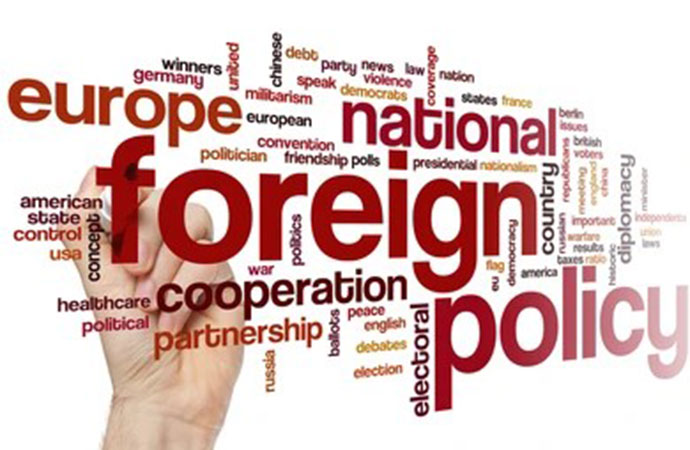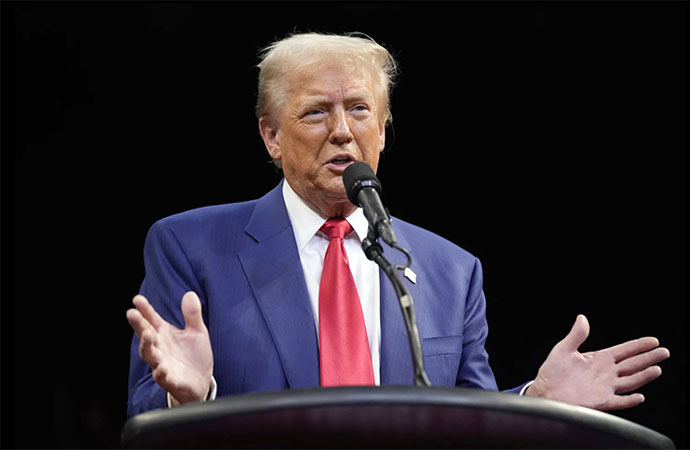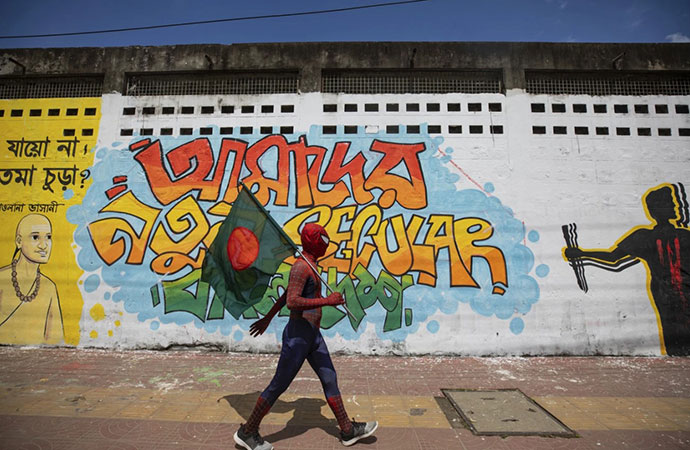Featured 1

Collected
With elections expected at the end of 2025 or sometime in the first half of 2026, as articulated by Chief Adviser Muhammad Yunus himself during his Victory Day address, the importance of the next 12 months towards determining the fate of Bangladesh can hardly be overstated. If indeed the promises of the July 2024 Uprising are to be met, it is in 2025 that its vanguards must rise to the challenge. One thing you can be sure of is that the world will be watching.
Even The Economist, arguably the world's most influential periodical, while awarding Bangladesh its 'Country of the Year' award for 2024 - pointedly for "toppling a despot and taking strides towards a more liberal government" - held out a prescription for the year ahead that included mending the bilateral relationship with India. The antagonism into which ties descended, from both sides, in the wake of the Uprising's ultimate triumph on August 5, doesn't augur well for the transition ahead. We can certainly do without our big neighbour, that surrounds us on three sides, taking up a position that is resistant to the very change we seek.
We can expect no favours from the rabidly rightwing Indian media, who have staked out their own position on the monumental changes witnessed here during the student-led' revolution. Their propensity to trade in conspiracy theories and misinformation has been shown up again and again, yet they refuse to acknowledge the true nature of the uprising. By and large, they tend to align with the discredited Awami League narrative. Probably nothing contributes more to the present tensions between the two countries, because it is completely unacceptable to Bangladeshis who lived and breathed the movement. Particularly to the new generation coming through, that is expected to provide political leadership sooner rather than later in this country.
So it was good to see the adviser on foreign affairs, Touhid Hossain, demonstrate his sensitivity to the situation in his first press briefing of the New Year, where he declared that maintaining good relations with the three most consequential countries - India, China and the United States- would be the top priority for his department in 2025, alongside addressing the Rohingya issue. He was particularly keen to stress that Dhaka's ties with Delhi would advance beyond a single issue - that issue being the fate of Sheikh Hasina, who remains busy plotting an unlikely return to politics in Bangladesh, from her bungalow (that doubles up as a safehouse) in a high-security area of the Indian capital.
It would be astute of the foreign affairs adviser to prepare the grounds for the two countries to normalise relations, without harping on about the ex-prime minister's stay there, and his remarks this week can be a step in that direction. A formal extradition request, once the legal requirements are fulfilled, can be expected. That too is likely to be turned down of course, given the provisions in the relevant treaty between the two countries. India's compulsions in hosting an ally must be understood. The fact that she is being sheltered there should be no reason to set Delhi and Dhaka at loggerheads.

























Leave a Comment
Recent Posts
Pedaling Through the Mangroves ...
The journey from the bustling streets of Barishal to the serene, emera ...
Why the Interim Government mus ...
Two weeks out from what is expected to be a red letter day in the figh ...
Doesn’t matter who thinks what about Bangladesh deci ..
The Other Lenin
US President Donald Trump said his administration
Govt moves to merge BIDA, BEZA, BEPZA, MIDA